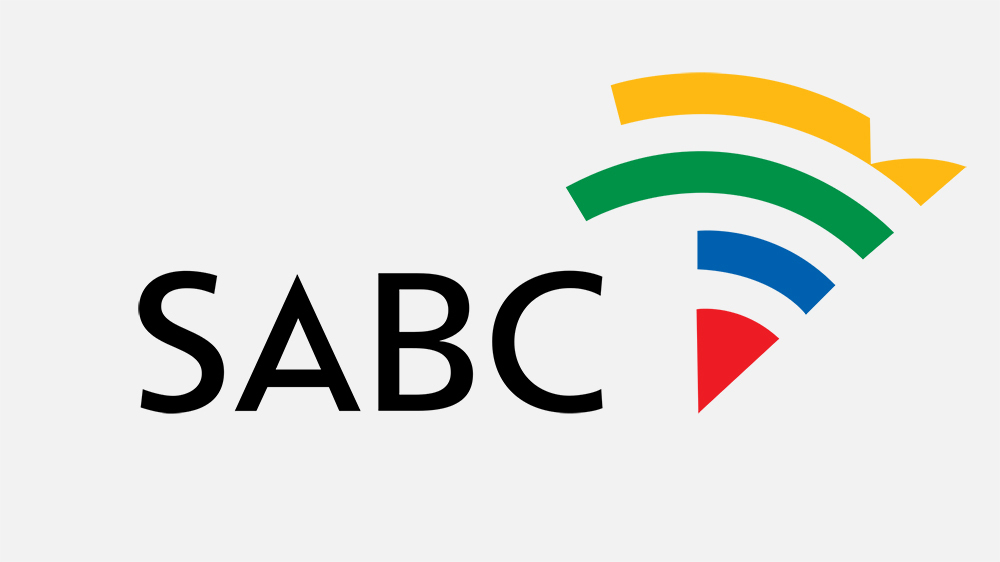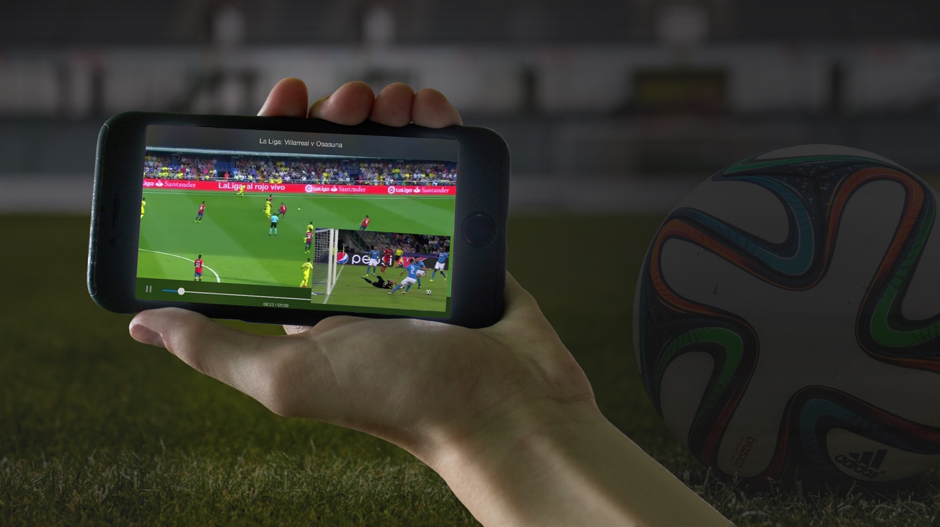South African’s love their sport. It’s one of the few commonalities that cross a load of social and economic lines. Watching live sport is how we bond, get together (well, not in 2020) and celebrate local sportspeople. We get it. The Independent Communications Authority of South Africa (ICASA) wants to bring that joy to South Africans at large by making more sports tournaments free to watch. There are a few snags in the plan, though.
The newly filed Draft Sports Broadcasting Services Amendment Regulations are now open for public comment. It’s aimed at making a range of sporting events more accessible to the wider public. That means making it free to watch for anyone.
“Notwithstanding the existence of the 2010 Regulations, the Authority has observed a trend whereby national sporting events are mostly broadcast live on subscription television, resulting in the majority of South Africans being unable to access such events on a live basis due to affordability of such service,” the Government Gazette reads in the draft document.
During the 2019 Rugby World Cup, a certain broadcaster had official rights to broadcast the whole tournament. That means, whoever didn’t pay for the service (ahem… SuperSport/DStv) couldn’t watch the tournament. After increased public outcry, the final match was broadcast free for every South African to watch. We could all celebrate together.
Where’s the SABC’s sport?
This is all great and no-doubt in public interest. But South Africa already has a public broadcaster in the form of the South African Broadcasting Commission (SABC). This broadcaster’s job is to make a wide array of TV programmes available to all South Africans for free. What about sport?
 ICASA understands that the broadcasting industry runs as a business. It gets licences for events — it’s how it makes money. “Nevertheless, the Authority is keenly aware that the sports industry relies on the sale of broadcasting rights as the biggest source of their revenue. Sporting bodies that submitted representations contended that the best commercial offers for their rights were often made by subscription broadcasters. This situation contributes to the majority of South Africans being denied access to sports of national interest,” it mentions in the regulations,
ICASA understands that the broadcasting industry runs as a business. It gets licences for events — it’s how it makes money. “Nevertheless, the Authority is keenly aware that the sports industry relies on the sale of broadcasting rights as the biggest source of their revenue. Sporting bodies that submitted representations contended that the best commercial offers for their rights were often made by subscription broadcasters. This situation contributes to the majority of South Africans being denied access to sports of national interest,” it mentions in the regulations,
It’s clear that the SABC isn’t in the best of financial situations. This isn’t new. For the past decade, the broadcaster has lost qualified employees, resources and infrastructure. This has directly affected its ability to broadcast live sport within our own country.
To broadcast a sports game, the broadcaster needs a production truck (or OB van) — these are very expensive, specialised trucks packed with high-level tech that travel to sports events. That’s not including the TV cameras, equipment, operators and editors that are on-site. This is if the event is local — we’re not even talking about international sporting events which can run many more cumbersome costs.
The public broadcaster does not have enough of these specialised resources left after years of corruption and mismanagement of funds. Their job is to broadcast for the public.
ICASA’s new draft regulations seem to put much more pressure on the private sector (in the shape of SuperSport and Multichoice, among others) to produce free content for South Africans at large. All while we should have a public broadcaster capable of producing sports content for free.
If ICASA wants to make this work, the SABC would need a significant cash injection for resources and infrastructure. More importantly, it’ll need increased focus on educating and training professionals to use complicated technology and production equipment. Leaning on the private sector is definitely not the way forward.




